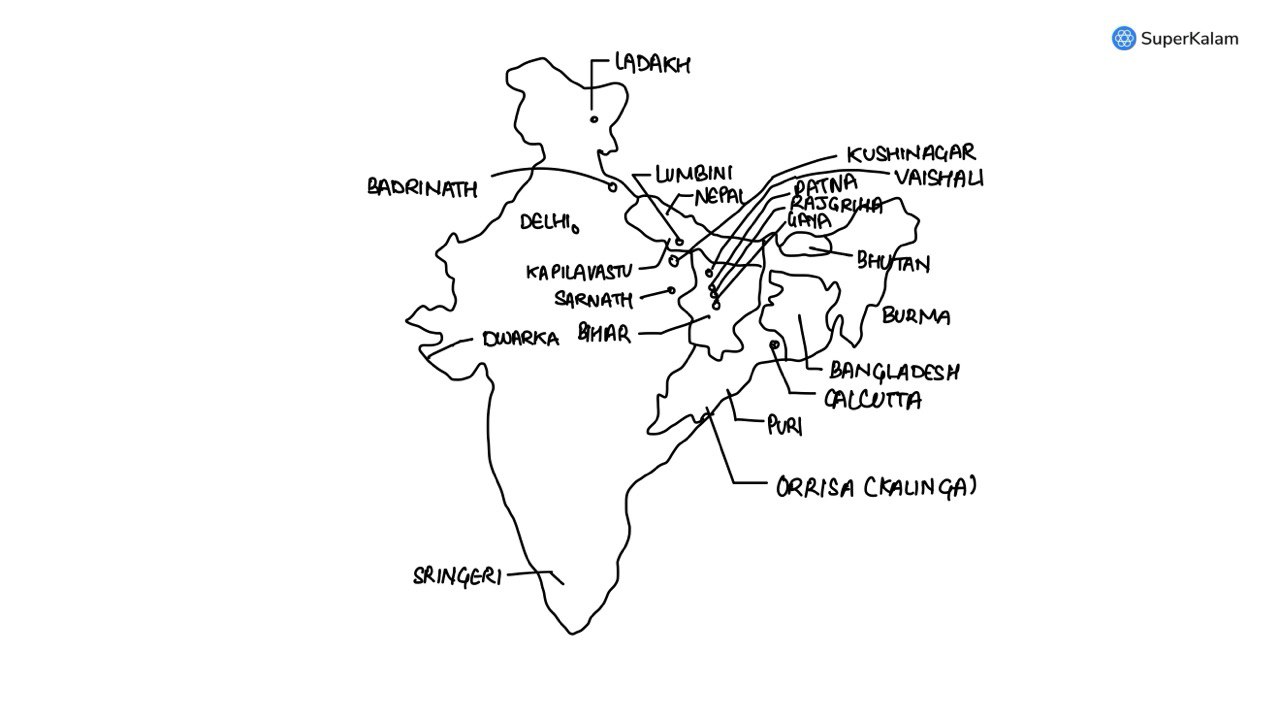UPSC Prelims 2014 Analysis
Subject-Wise MCQ Distribution
- Economy (12 Questions): Covered economic growth indicators, fiscal policy, and banking. Questions were evenly split between static concepts and current affairs, requiring a strong grasp of government schemes and financial policies.
- Environment & Ecology (28 Questions): A major section, focusing on biodiversity, conservation policies, and climate change. Many questions demanded an interdisciplinary approach, linking geography, science, and governance.
- Indian Polity (10 Questions): Tested constitutional provisions, governance structures, and legal frameworks. Several questions required conceptual clarity over rote memorization.
- Modern History (5 Questions): Covered the freedom struggle, key personalities, and national movements. A mix of match the following and direct factual questions were asked.
- Science & Technology (11 Questions): Included topics on biotechnology, space technology, and applied sciences. Many questions required linking current affairs with static concepts, testing awareness of recent advancements.
- Art & Culture (15 Questions): Had a higher-than-usual weightage, emphasizing Buddhism, tribal culture, architecture, and performing arts. Required a detailed understanding of cultural heritage and traditions.
- International Relations (4 Questions): Covered global organizations, treaties, and India’s diplomatic engagements. Most questions were current affairs-driven, requiring knowledge of recent geopolitical developments.
- Medieval History (1 Question): Only one question appeared, focusing on administration in medieval India.
- Geography (Indian Geography: 8, Physical Geography: 1, World Geography: 3): A balanced mix, with emphasis on Indian geography and geophysical phenomena. Many questions included maps, requiring location-based knowledge.

Difficulty Analysis
- Medium Questions (49 Questions): The largest category, demanding a blend of factual knowledge and analytical reasoning. Found in Economy, Polity, and Science & Technology.
- Hard Questions (26 Questions): Required deep conceptual understanding, often framed in multi-statement formats. Common in Environment, Science & Technology, and International Relations.
- Easy Questions (25 Questions): Mostly from History and Polity, with straightforward factual recall. Provided scoring opportunities for well-prepared candidates.

Variations in Question Framing
- Multi-Statement Questions (64%) – Dominant in Polity, Economy, and Environment. Required careful reading, logical deduction, and elimination skills. Many were tricky due to wordplay, making conceptual clarity crucial.
- Direct Questions (36%) – Focused on factual recall, primarily in History and Geography. These were easier to answer for candidates with strong static knowledge.

Current Affairs vs. Static Questions
- Current Affairs-Driven Questions (40%) – Strong presence in Economy, Science & Technology, and Environment. Required awareness of government schemes, international developments, and technological advances.
- Static Knowledge-Based Questions (60%) – Covered fundamental concepts, particularly in Polity, History, and Geography. This highlights that despite the increasing weightage of current affairs, core syllabus topics remain crucial.
Key Learnings for Future Preparation
- Focus on Conceptual Clarity: The paper emphasized analytical thinking, especially in Polity, Economy, and Environment. A strong foundation is essential.
- Balanced Subject Preparation: No single subject dominated. Candidates must cover all subjects equally to adapt to changing trends.
- Master Elimination Techniques: Many multi-statement questions required logical reasoning. Practicing structured MCQs improves accuracy.
- Static Knowledge is Crucial: While current affairs had a presence, subjects like Polity, History, and Geography remained dominant.
- Practice & Revision Matters: Regular mock tests, PYQs, and revisions are essential for improving speed and accuracy.
UPSC Prelims 2014 emphasized conceptual clarity, with a strong focus on Economy, Environment, and Polity. Multi-statement questions dominated, requiring elimination techniques. A balanced mix of static and current affairs highlighted the need for comprehensive preparation.
Subject-Wise Answer Key
QUESTION 1
Hard
Ancient History
Prelims 2014
Which of the following Kingdoms were associated with the life of the Buddha?
- Avanti
- Gandhara
- Kosala
- Magadha
Select the correct answer using the code given below.
A. 1, 2 and 3
B. 2 and 4
C. 1, 3 and 4 only
D. 3 and 4
